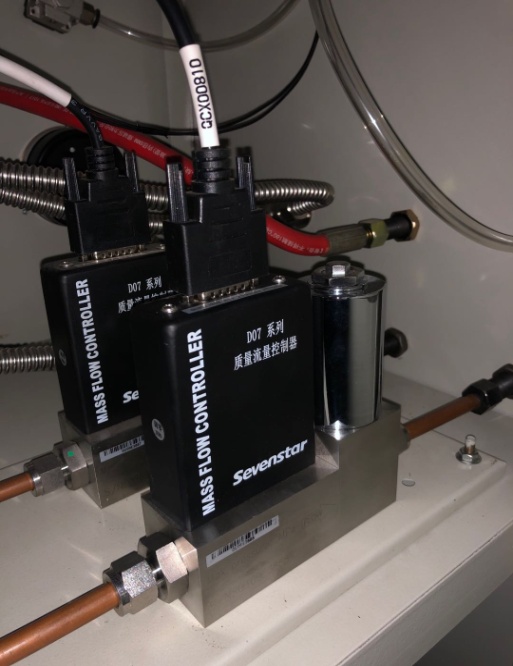Automated Electronic Tensile Testing Machine with Computer Control System
The Role of Computer-Controlled Electronic Tensile Testers in Modern Material Testing
In the world of materials science and mechanical engineering, understanding the properties of materials is crucial for innovation and quality assurance. One of the pivotal tools in this field is the computer-controlled electronic tensile tester, a sophisticated device designed to measure the tensile strength, elongation, and other mechanical properties of materials. This article discusses the importance of these testers, their functionality, and their implications for various industries.
Understanding Tensile Testing
Tensile testing, also known as tension testing, is a fundamental method for assessing the behavior of materials under tension. During a tensile test, a specimen is subjected to a controlled pulling force until it either yields or breaks. The resulting data provides critical information on the material's strength, ductility, and elasticity, making it an essential procedure in quality control and research.
The Advantages of Computer-Controlled Electronic Tensile Testers
Computer-controlled electronic tensile testers represent a significant advancement over traditional mechanical testers
. With precision and accuracy at the forefront, these testers leverage computer interfaces to manage the test process, collect data, and analyze results in real time.1. Precision and Consistency One of the primary benefits of computerized testing machines is the consistent application of the load. Automated systems minimize human error, ensuring that tests can be replicated under identical conditions, which is vital for quality assurance.
2. Data Acquisition and Analysis These testers are equipped with advanced data acquisition systems that provide real-time monitoring and logging of force and elongation. The integration of data analysis software allows for more sophisticated evaluations, such as stress-strain curves, that are crucial for understanding material behavior. This comprehensive analysis facilitates better material selection and formulation.
computer control electronic tensile tester

3. User-Friendly Interfaces Modern electronic tensile testers often come with intuitive software interfaces that guide users through the testing process. Operators can easily configure test parameters, initiate tests, and interpret results without extensive training. This accessibility enhances productivity and allows engineers and researchers to focus more on analysis rather than operational mechanics.
4. Versatility and Customization These devices can typically test a wide range of materials, including metals, polymers, composites, and textiles. Customization options allow users to modify test setups for different specimen sizes and test conditions, further enhancing their versatility.
Applications Across Industries
The applications of computer-controlled electronic tensile testers are vast and varied, touching countless industries. In the automotive sector, these devices are essential for ensuring that materials used in car manufacturing can withstand the stresses of daily operation. The aerospace industry relies heavily on tensile testing to guarantee the reliability and safety of components that must endure extreme conditions.
Moreover, the construction industry employs tensile testing to evaluate the materials used in building structures, ensuring they meet safety standards. Research institutions also rely on these testers for developing new materials and technologies, pushing the boundaries of innovation and application.
Conclusion
In conclusion, computer-controlled electronic tensile testers are integral to modern materials testing, offering unparalleled precision, efficiency, and versatility. Their ability to provide detailed analysis and reliable data ensures that industries maintain high standards of quality and safety. As technology continues to advance, these testers will undoubtedly play a crucial role in the future of material science, driving innovation and ensuring the integrity of products across various sectors. The continued evolution of these tools will further enhance their capabilities, paving the way for cutting-edge developments in material testing and engineering.
-
High-Precision Digital Profile Projector for Advanced Measurement
NewsApr.10,2025
-
High-Precision Tensile Testing Machine for Reliable Material Strength Analysis
NewsApr.10,2025
-
High-Precision Resistance Tester for Accurate Electrical Measurements
NewsApr.10,2025
-
Enhance Accuracy with a High-Precision Resistance Measurement Fixture
NewsApr.10,2025
-
Advanced Cable Crosslinking Equipment for High-Performance Cable Manufacturing
NewsApr.10,2025
-
Advanced Cable Combustion Testing Machine for Reliable Fire Safety Assessment
NewsApr.10,2025
 Copyright © 2025 Hebei Fangyuan Instrument & Equipment Co.,Ltd. All Rights Reserved. Sitemap | Privacy Policy
Copyright © 2025 Hebei Fangyuan Instrument & Equipment Co.,Ltd. All Rights Reserved. Sitemap | Privacy Policy
